Open Science, Open Issues – speakers
Veja o conteúdo desta página em Português.
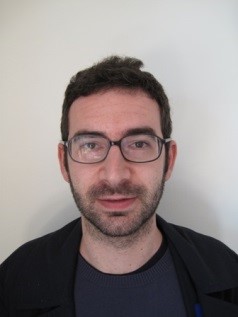
Alessandro Delfanti é formado em Medicina Veterinária (University of Parma), com Mestrado em Ciência da Comunicação (SISSA) e Doutorado em Ciência e Sociedade (University of Milan e SISSA). É autor do livro Biohackers: The Politics of Open Science e atualmente é bolsista de Pós-Doutorado (Media@McGill – McGill University) com pesquisa intitulada “Hacking you brain cancer medical records: Radical sharing and patient’s participatory practices”.

Alex Viana is researcher at the Space Telescope Science Institute ans voluntary instructor in the Software Carpentry initiative.

Alexandre Abdo is Dr. in Physics, presently doing post-doctoral research at the School of Medicine of the University of São Paulo (USP). He has been promoting and studying interventions for integration and collaboration within the Brazilian Integrated Health System and between it and the public.
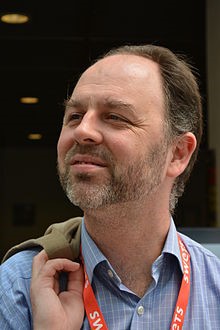
Cameron Neylon is Advocacy Director for the Public Library of Science, a research biophysicist and an agitator for opening up the process of research. He speaks regularly on issues of Open Science including Open Access publication, Open Data, and Open Source as well as the wider technical and social issues of applying the opportunities the internet brings to the practice of science.

Daniel Mietchen é pesquisador no Museum für Naturkunde Berlin e contribuidor voluntário dos projetos Wikimedia.
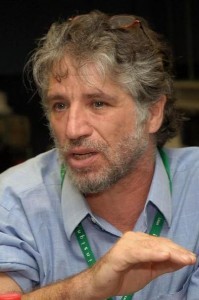
David Cavallo is a Research Scientist and Director of the Future of Learning Group at the MIT Media Laboratory. His work focuses on the design and implementation of reforms of learning environments and educational systems, and the role technology can play in this change process. He founded and led the Advanced Technology group for Digital’s Latin American and Caribbean Region.
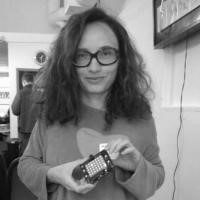
Denisa Kera is Assistant Professor at the National University of Singapore where she is also a fellow of the Asia Research Institute. She follows and supports science community labs and alternative R&D places (Hackerspaces, FabLabs) across the world with a special focus on DIYbio movements, consumer genomics and various citizen science projects.
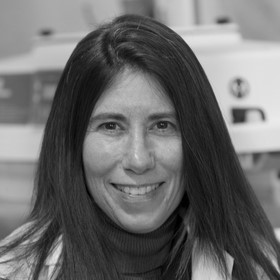
Ellen Jorgensen is a scientist and educator whose work focuses on increasing science literacy in both student and adult populations. She is the co-founder and president of Genspace, a nonprofit dedicated to promoting citizen science and access to biotechnology. She is presently an adjunct faculty member at New York Medical College.
![]()
Henrique Parra is Dr. in Education and has a Master’s degree in Sociology. He is interested mainly in the social dynamics of knowledge production in the context of expanding digital technologies, and works as professor in the Department of Social Sciences at UNIFESP.
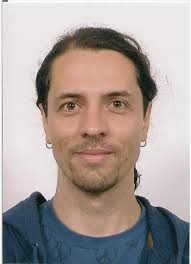
Jorge Machado is Dr. in Sociology and completed a post-doctoral program at Unicamp. He teaches at the Graduate Programme in Political Participation and Social Change (USP) and coordinates the Co-laboratory of Development and Participation (COLAB). His main areas of interest are access to information, social movements, human rights and information technology.

Leslie Chan is Senior Lecturer in the Department of Social Sciences at the University of Toronto Scarborough, where he serves as the Program Supervisor for the International Development Studies program. A pioneer in the use of the Web for knowledge exchange and learning, Leslie has been the Director of Bioline International, a collaborative platform based at CRIA Brazil for open access distribution of research journals from close to twenty developing countries.

Matthew Todd has PhD in organic chemistry from Cambridge University and he is Associate Professor at The University of Sydney. He has a significant interest in open science, and how it may be used to accelerate research, with particular emphasis on open source discovery of new medicines. He founded and currently leads the Open Source Malaria (OSM) consortium.

Paul David is Professor of Economics (Emeritus) and Senior Fellow of the Institute for Economic Policy Research (SIEPR) at Stanford University, and Professorial Fellow of UNU-MERIT (Maastricht, NL). He is also Professor of Economics and Economic History (Emeritus) at the University of Oxford. His current research is focuses on two areas: continuing studies of open science in the broader context of science and technology policy issues, and applications of integrated multi-phase dynamic modelling to the design of global climate stabilization programs.
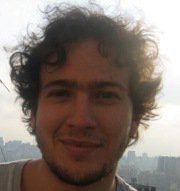
Paulo Meirelles is a Dr. in Computer Science in the area of Systems and Free Software. He teaches Software Engineering at the University of Brasília and is a member of the Centre of Competence in Free Software (USP).
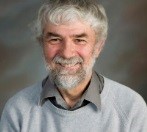
Peter Murray-Rust is a chemist currently working at the University of Cambridge who wants to make scientific information available to everyone, and to make it useful. His research in molecular informatics brings tools from computer science to chemistry, biosciences and earth sciences, integrating humans and machines in managing information.
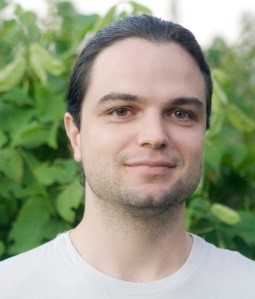
Rafael Pezzi is Dr. in Physics and teaches at the Physics Institute of the Federal University of Rio Grande do Sul (UFRGS). He is presently Coordinator of the Centre for Academic Technology at UFRGS, focusing on the study and development of Open Educational Resources, open technologies, open science and citizen science.
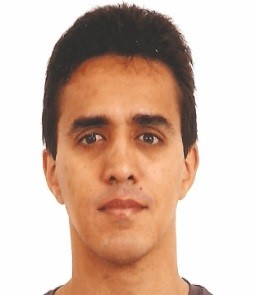
Robson Souza is Dr. in Biology – Molecular Science (USP). He teaches in the Department of Microbiology, Institute of Biomedical Science (USP). His research focuses mainly on sequential analysis, comparative genomics, protein evolution and phylogenetics.
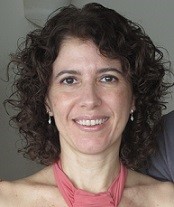
Sarita Albagli is a sociologist and Dr. in Geography. She is currently a researcher at the Brazilian Institute of Information in Science and Technology (Ibict), and teaches in the Graduate Programme in Information Science. She is coordinator of the Interdisciplinary Laboratory in Information and Knowledge, and her present research focuses on the transformation in modes and practices of collective production of science, technology and innovation.

Deixe um comentário